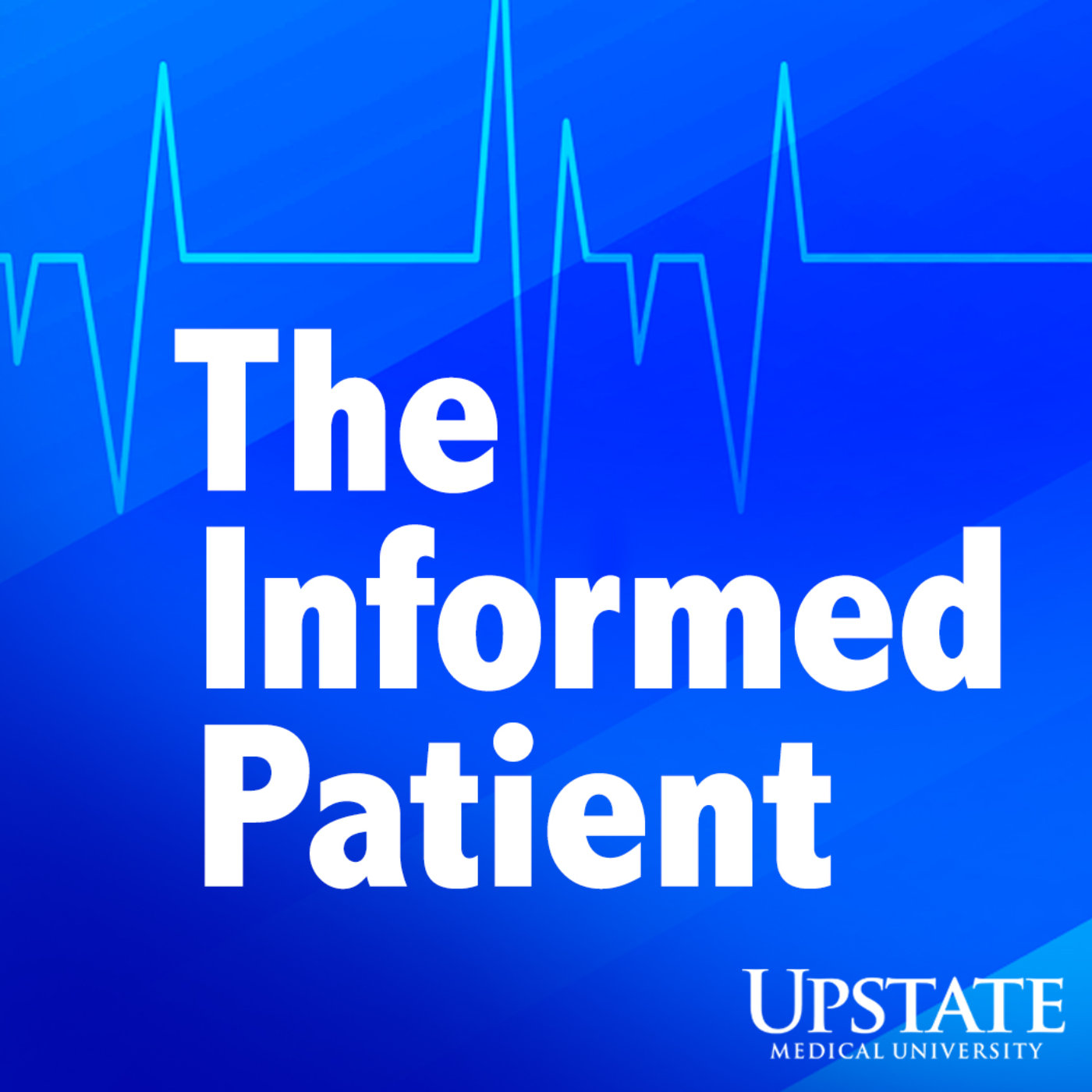- Health
- SEE MORE
- classical
- general
- talk
- News
- Family
- Bürgerfunk
- pop
- Islam
- soul
- jazz
- Comedy
- humor
- wissenschaft
- opera
- baroque
- gesellschaft
- theater
- Local
- alternative
- electro
- rock
- rap
- lifestyle
- Music
- como
- RNE
- ballads
- greek
- Buddhism
- deportes
- christian
- Technology
- piano
- djs
- Dance
- dutch
- flamenco
- social
- hope
- christian rock
- academia
- afrique
- Business
- musique
- ελληνική-μουσική
- religion
- World radio
- Zarzuela
- travel
- World
- NFL
- media
- Art
- public
- Sports
- Gospel
- st.
- baptist
- Leisure
- Kids & Family
- musical
- club
- Culture
- Health & Fitness
- True Crime
- Fiction
- children
- Society & Culture
- TV & Film
- gold
- kunst
- música
- gay
- Natural
- a
- francais
- bach
- economics
- kultur
- evangelical
- tech
- Opinion
- Government
- gaming
- College
- technik
- History
- Jesus
- radio
- movies
- services
- Church
- podcast
- Education
- international
- Transportation
- Other
- kids
- podcasts
- philadelphia
- Noticias
- love
- sport
- Salud
- film
- and
- 4chan
- Disco
- Stories
- fashion
- Arts
- interviews
- hardstyle
- entertainment
- humour
- medieval
- literature
- alma
- Cultura
- video
- TV
- Science
- en
Understanding the 'hunger hormone,' ghrelin

The hormone ghrelin is how our stomachs tell our brains to eat. Understanding how ghrelin works may lead to new therapies for diabetes and obesity, or a treatment for a rare genetic disorder called Prader-Willi syndrome. The hormone ghrelin is how our stomachs tell our brains to eat. Understanding how ghrelin works may lead to new therapies for diabetes and obesity, or a treatment for a rare genetic disorder called Prader-Willi syndrome. James Hougland, PhD (left), James Hougland, PhD (left), an associate professor of chemistry at Syracuse University and an adjunct professor of biochemistry and molecular biology at Upstate, is at the center of this research. His recent work has identified an associate professor of chemistry at Syracuse University and an adjunct professor of biochemistry and molecular biology at Upstate, is at the center of this research. His recent work has identified molecules that can potentially block the way ghrelin communicates molecules that can potentially block the way ghrelin communicates. Hougland is the recipient of a. Hougland is the recipient of a March of Dimes award March of Dimes award to help pay for his research into Prader-Willi syndrome, which is characterized by weak muscle tone, delayed development and an insatiable appetite. to help pay for his research into Prader-Willi syndrome, which is characterized by weak muscle tone, delayed development and an insatiable appetite.